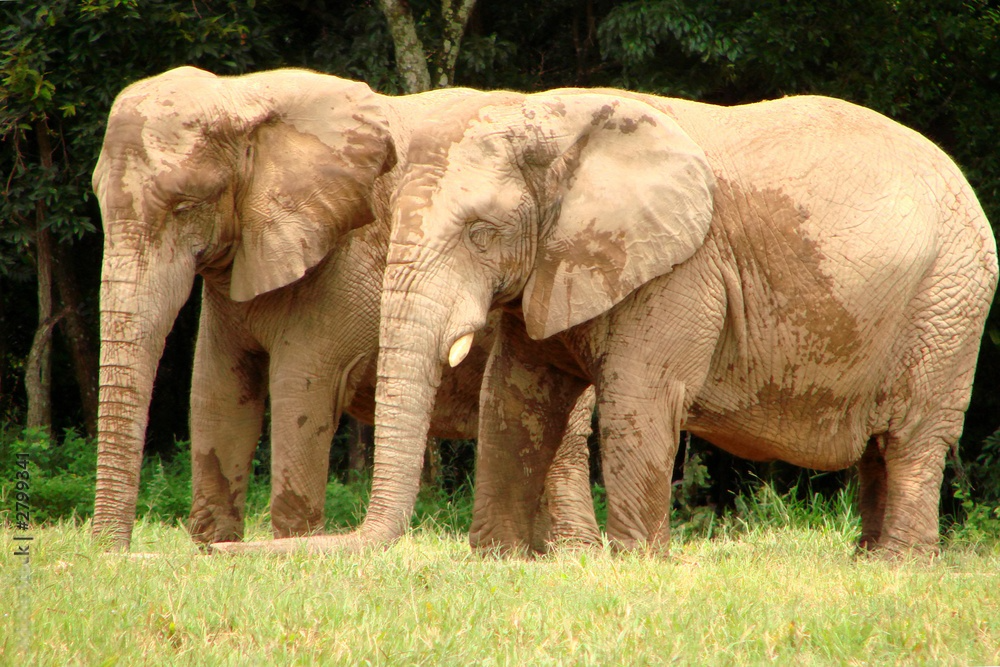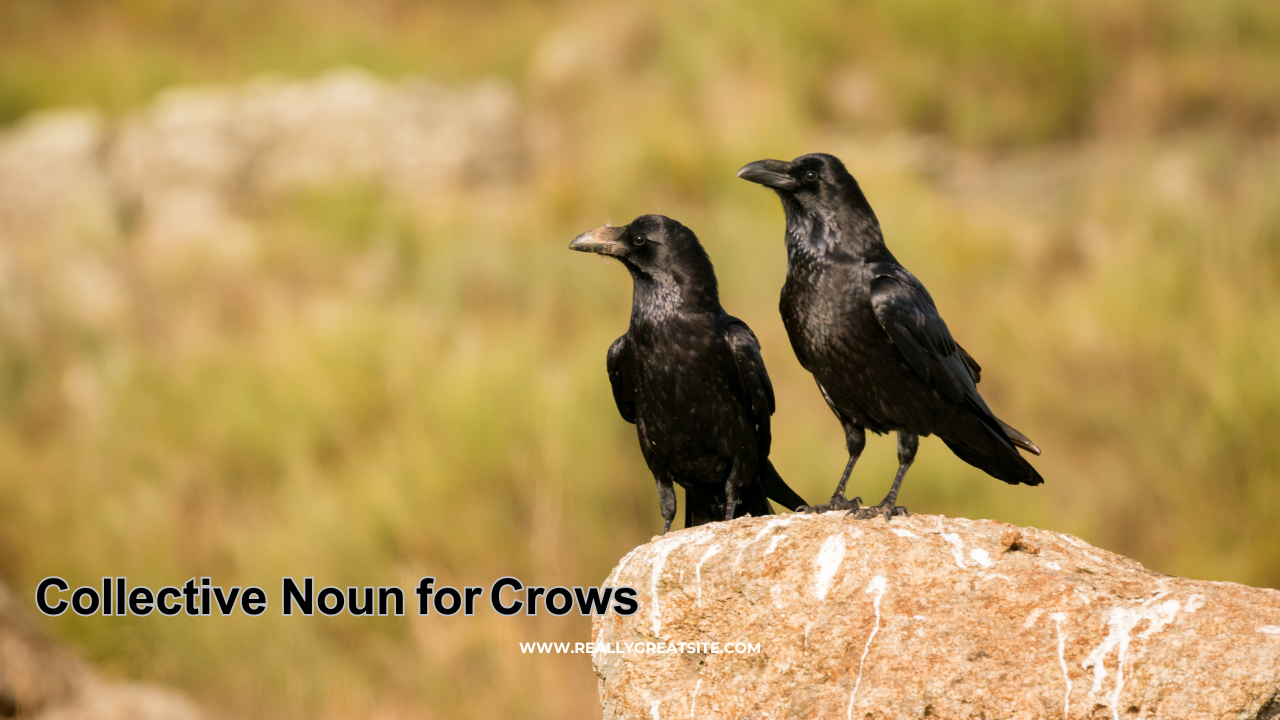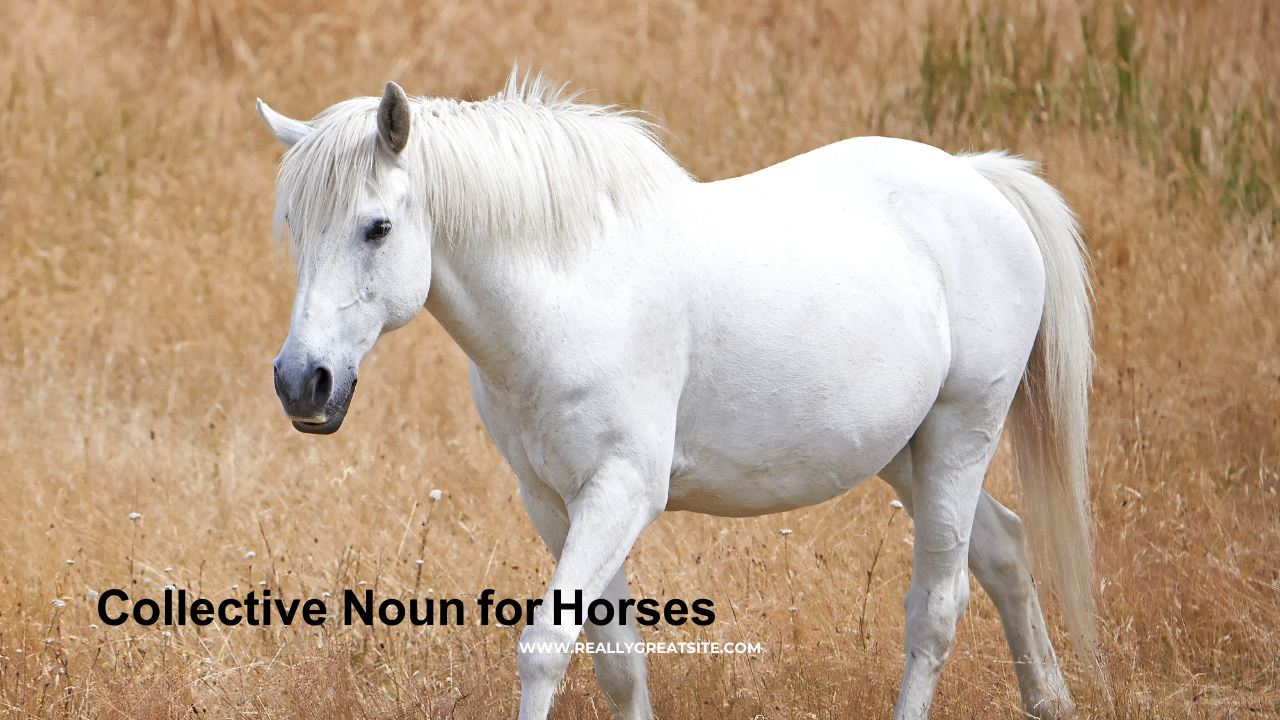Introduction
f you’re wondering “What is the collective noun for elephants?” the answer is: a parade. In English, elephants are most famously grouped as a “parade of elephants,” which perfectly captures their stately, dignified movement. Other terms like “herd” (general) and “memory” (creative or funny) also appear, but “parade” remains the most recognized.
Collective nouns are more than language curiosities: they reveal how people see the animals and objects they name from admiration to humour, history to myth.
In English, the most widely accepted collective noun for elephants is a “parade.”
This choice captures the sight of elephants walking together with a calm yet regal rhythm.
Other terms sometimes appear:
- Herd – a general term used for many large mammals, including elephants.
- Memory – a creative, less formal term reflecting elephants’ legendary long-term memory.
- Collective noun for elephants funny – “memory” is sometimes listed under humorous or playful collective nouns due to its clever wordplay.
Comparative Table of Elephant Collective Nouns
| Term | Usage Context | Style / Tone |
|---|---|---|
| Parade | Most formal & accepted | Descriptive, dignified |
| Herd | General use | Neutral, biological |
| Memory | Creative / literary | Poetic, humorous |
Historical Origins and Background
The term “parade” can be traced back to historical descriptions of elephants used in ceremonial processions. In Asia, elephants have been part of religious and royal parades for centuries, while European travelers and colonial writers adopted the word to describe the organized, stately movement of elephant groups.
Historical dictionaries, like the Oxford English Dictionary, and works like An Exaltation of Larks by James Lipton, list “parade” among the recognized collective nouns for elephants, confirming its long-established place in English.
Usage Examples in Sentences
- “A parade of elephants moved silently through the misty jungle at dawn.”
- “The wildlife documentary captured a herd of elephants crossing the river.”
- “Writers often refer to a memory of elephants to highlight their intelligence and deep family bonds.”
These examples show the difference between formal, neutral, and creative contexts.
Fun Facts, Figures & Trivia
- An elephant herd can range in size from 8 to over 100 elephants, depending on food and water availability.
- The matriarch leads the group, often passing knowledge through generations.
- Elephants communicate through deep rumbles that humans can barely hear, traveling several kilometers underground.
- Other unusual collective nouns include:
- Collective noun for sheep: Flock
- Collective noun for monkeys: Troop
- Collective noun for lions: Pride
- Collective noun for apes: Shrewdness
- Collective noun for bees: Swarm
- Collective noun for rabbit: Colony
These terms highlight the creativity and cultural storytelling behind collective nouns in English.
FAQs
What is the main collective noun for elephants in English?
The main term is “parade.”
Why do people also use “memory” for elephants?
Because elephants are known for remarkable memory, “memory” became a creative, less formal collective noun.
Is “herd” incorrect when talking about elephants?
Not at all — “herd” is accurate and widely used, especially in scientific or casual contexts.
Are there funny collective nouns for elephants?
Yes, “memory” is sometimes listed among funny or playful collective nouns because it puns on elephants’ memory.
Where did “parade” come from?
It emerged from historical observations of elephants in ceremonial processions, especially in Asian and African cultures.
Conclusion
The collective noun for elephants — whether it’s the formal “parade,” the general “herd,” or the poetic “memory” — reflects more than language: it tells the story of how humans view these gentle giants.
From cultural parades to modern literature, elephants continue to inspire fascination.
Do you know another rare collective noun for elephants? Share it below and explore the rich world of collective nouns — from a pride of lions to a swarm of bees and beyond.





